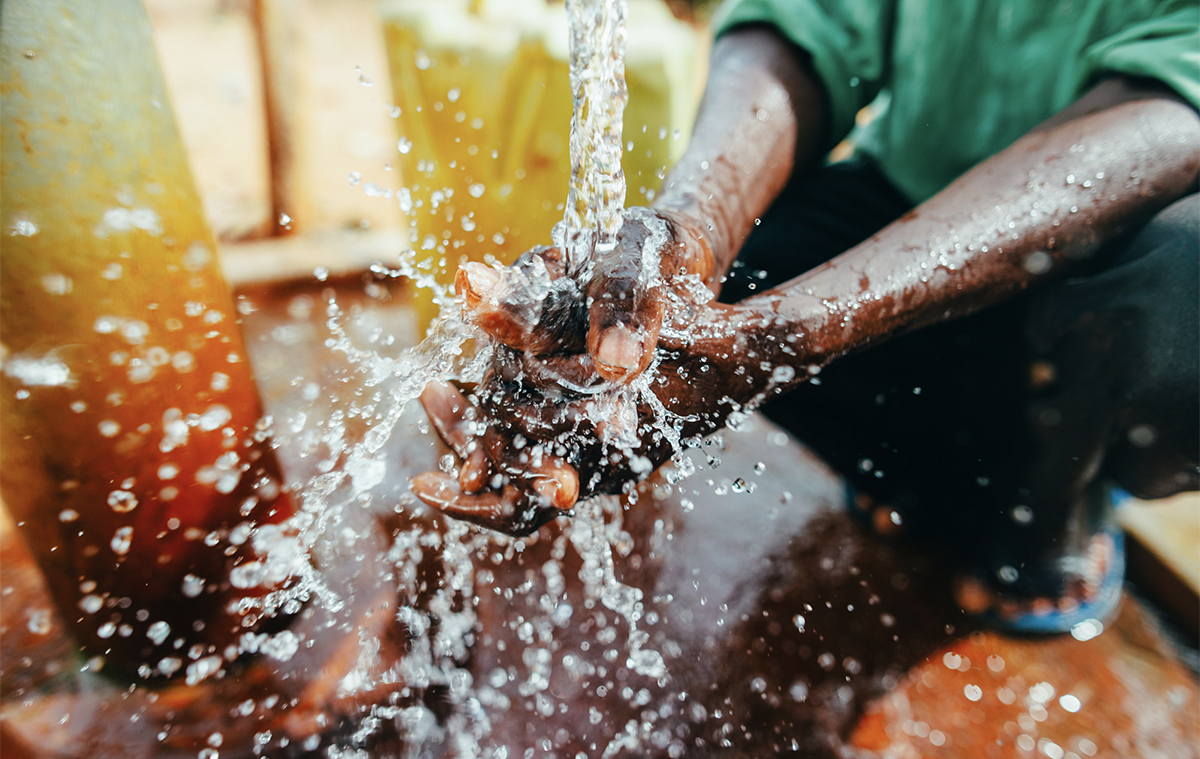
COVID-19
For the past 11 years, we have fought tirelessly alongside hundreds of thousands of students, donors, supporters, board members, staff, and volunteers to bring an END to the water crisis. We know that clean water is critical for community development, and we also know the importance of clean water on sanitation and hygiene. Amidst the COVID-19 outbreak, we understand that access to clean water is the first line of defense for prevention, and we wanted to share with you the action steps we are taking to help combat COVID-19 around the world.
Our biggest concern as an organization is for rural, developing communities that we work with, because they are the most vulnerable. The fact that there are not strong franchised public health systems or hospitals that service these rural communities, and the fact that these communities do not have the ability to wash their hands as easily or as thoroughly for prevention as we all know is critical for COVID-19, makes our relief efforts extremely critical. Because of this, the Ministry of Health in ESwatini has put together a plan that prioritizes access to resources to address this need, as well as training not only for standard hygiene and handwashing, but also social distancing practices both WITHIN rural communities, and, particularly social distancing within the communities to prevent interaction with other people FROM OUTSIDE of them with the exception of trained health workers adhering to Ministry protocols & standards to ensure the safety of both those health workers as well as the community they serve.
88%
The amount that disease rates can drop virtually overnight by providing safe drinking water.
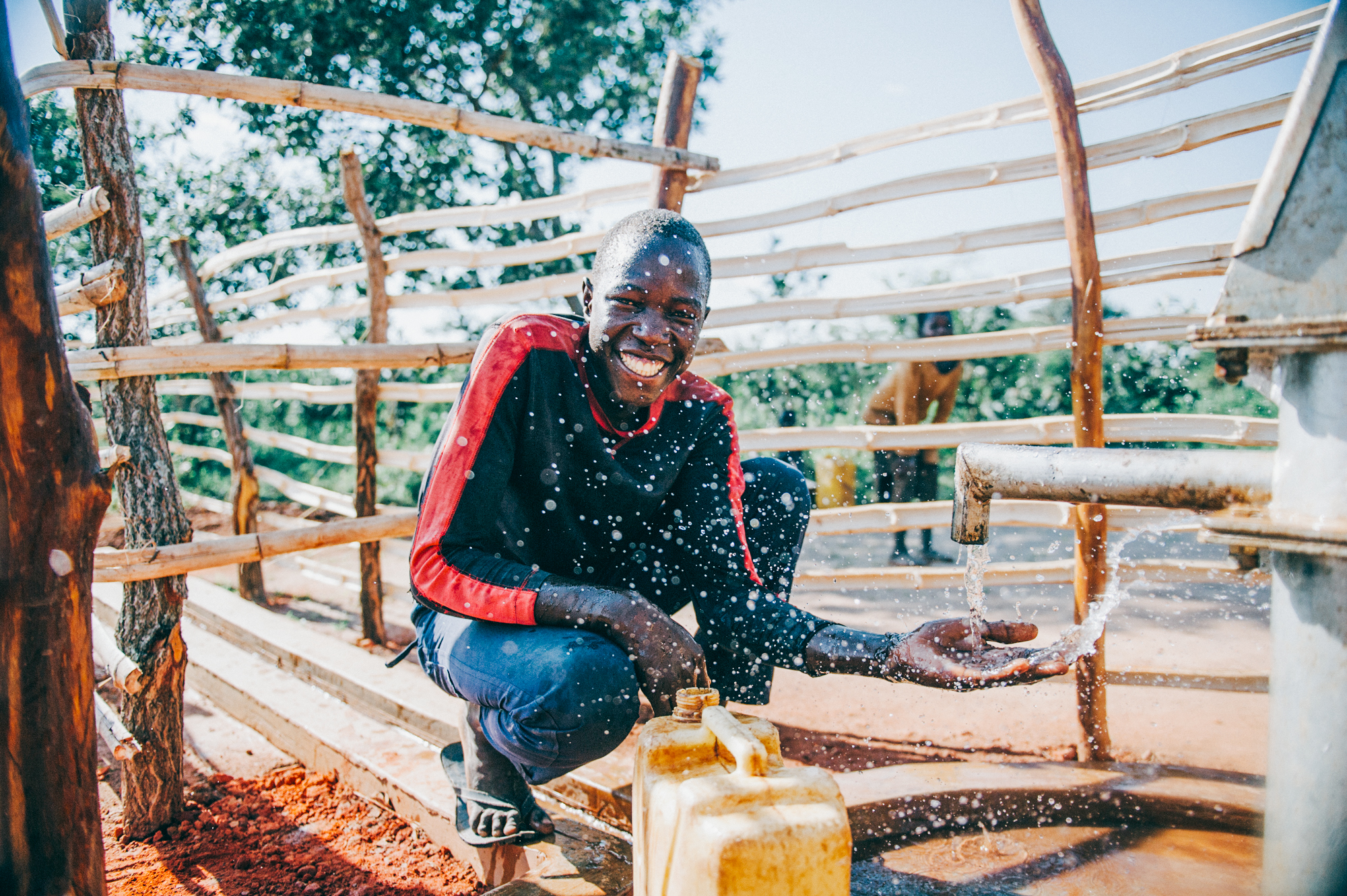
Proper Sanitation & Hygiene are the key to getting through this time.
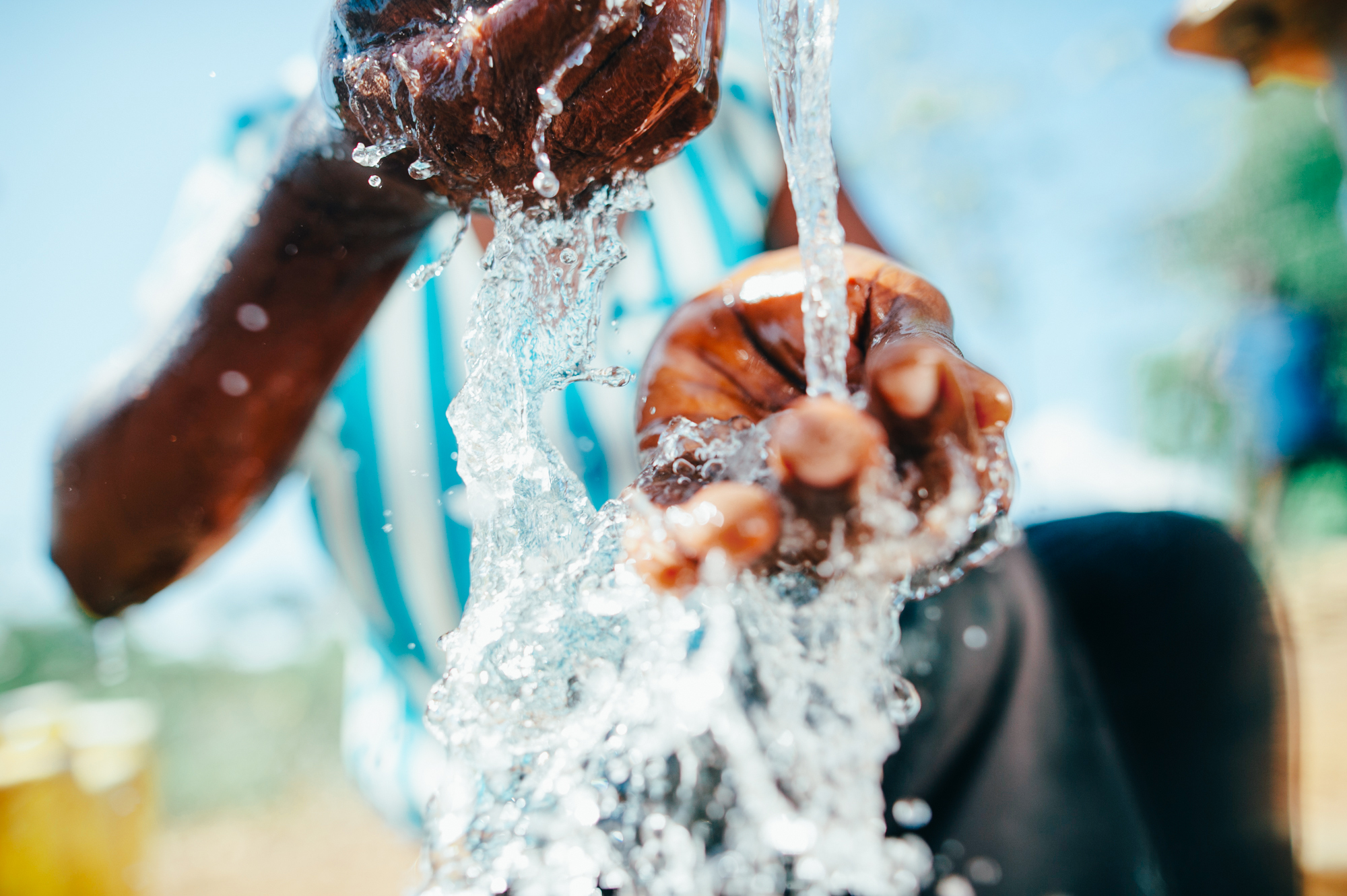

This issue isn't just affecting us in the United States.
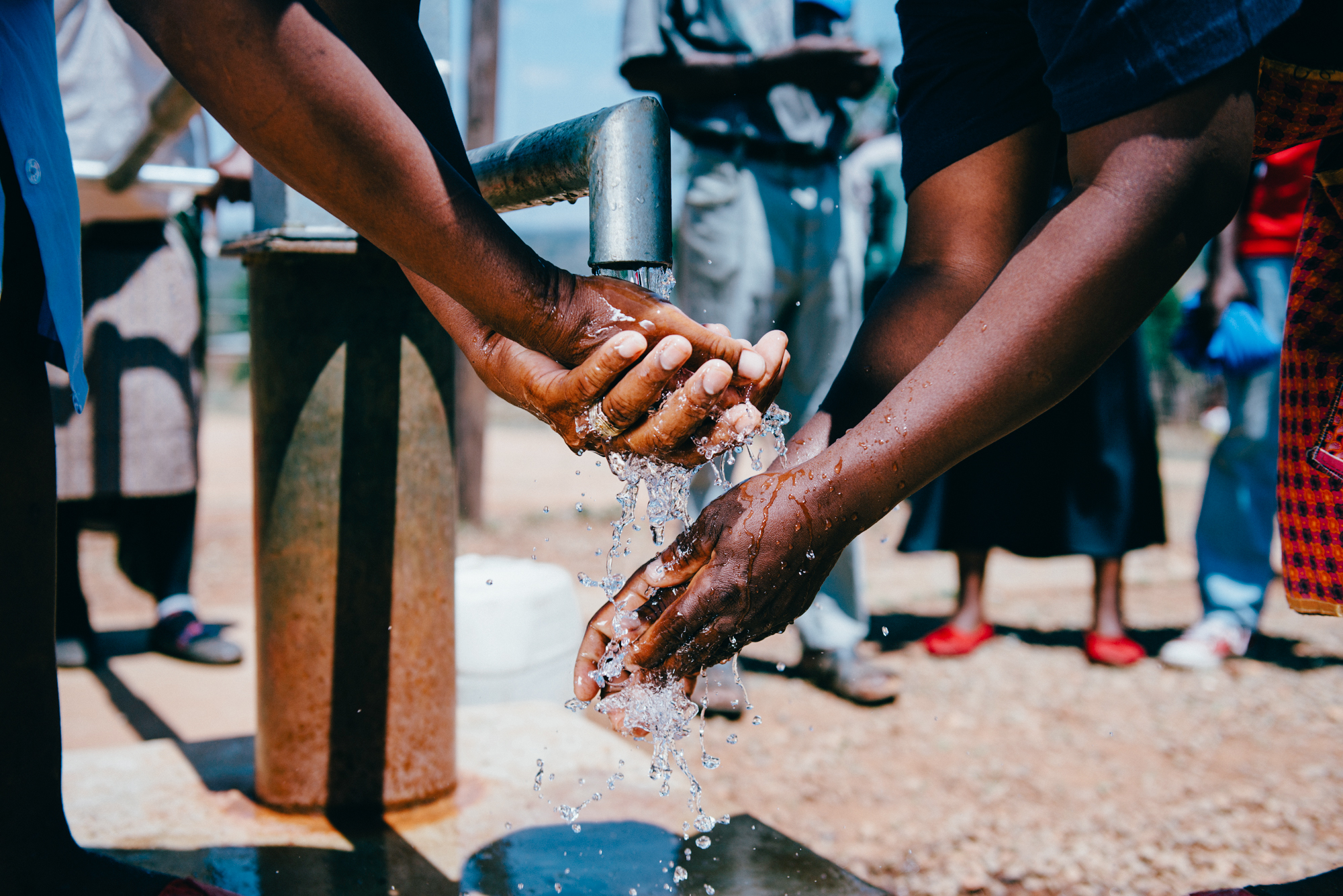
2.4 Billion People on our planet lack access to basic sanitation facilities.
After we assist in providing both the financial assistance we are going to provide as a first wave contribution, as well as our Team’s manpower & physical contribution which will support all the local volunteers, local health motivators, and government health workers, we will then turn our attention in the coming month or two, to what we would classify as “our own” Thirst Project communities that may not have been covered in that process. Those being communities that we had either already completed water projects in who may need additional support in resources for hygiene and hand washing, or, additional elevated training specifically related to COVID-19, as well as communities that we have completed Needs Assessments in but had not yet completed actual projects in that were not reached or covered in the Ministry of Health’s first wave/First Phase of support. We will then begin our own Second Phase of support to try and carry on that exact same work of building Hygiene and Hand Washing Stations, providing supplies and elevated training in communities that are most vulnerable.
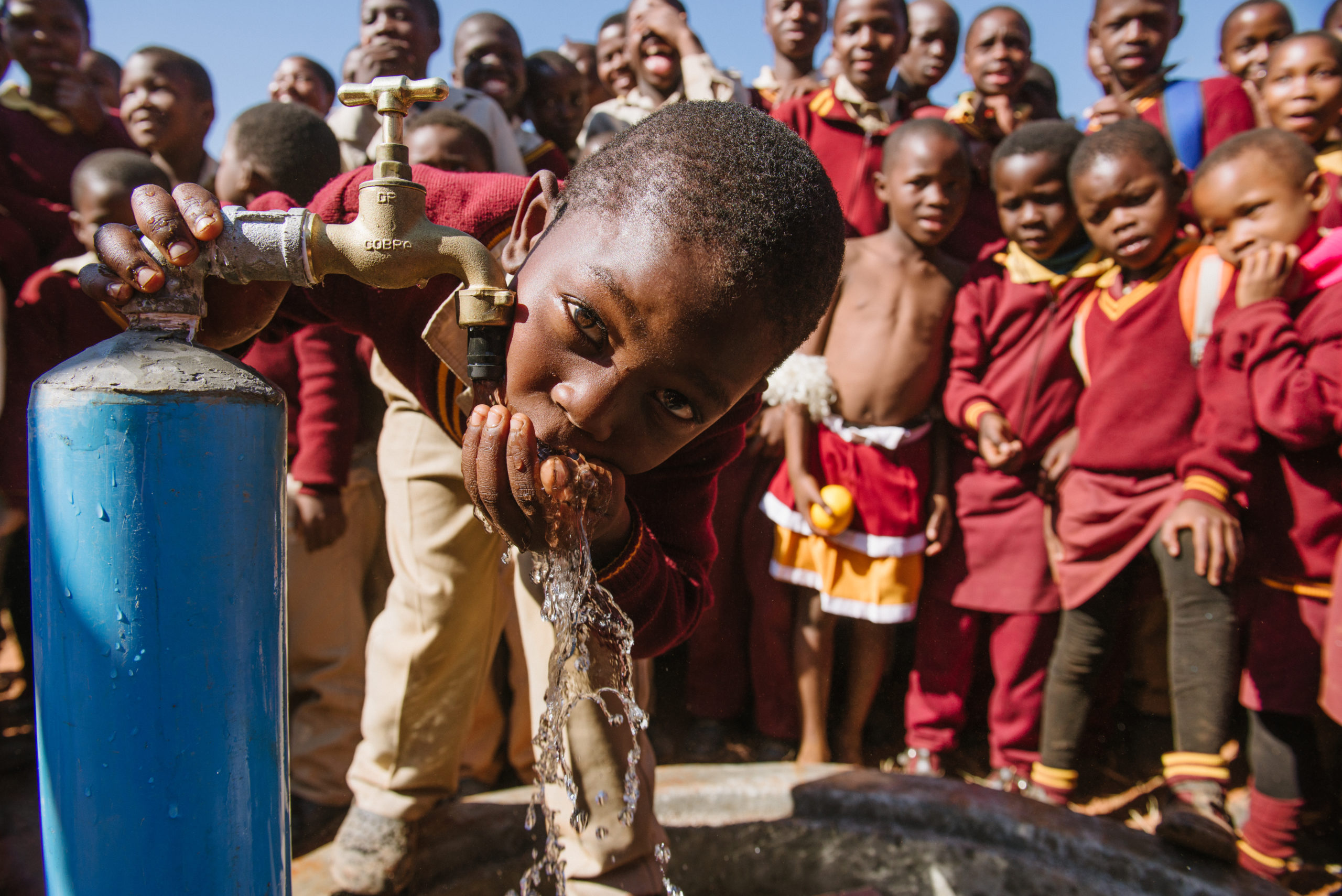

100% of all public donations to Thirst Project will be directed to our COVID-19 relief fund until further notice.